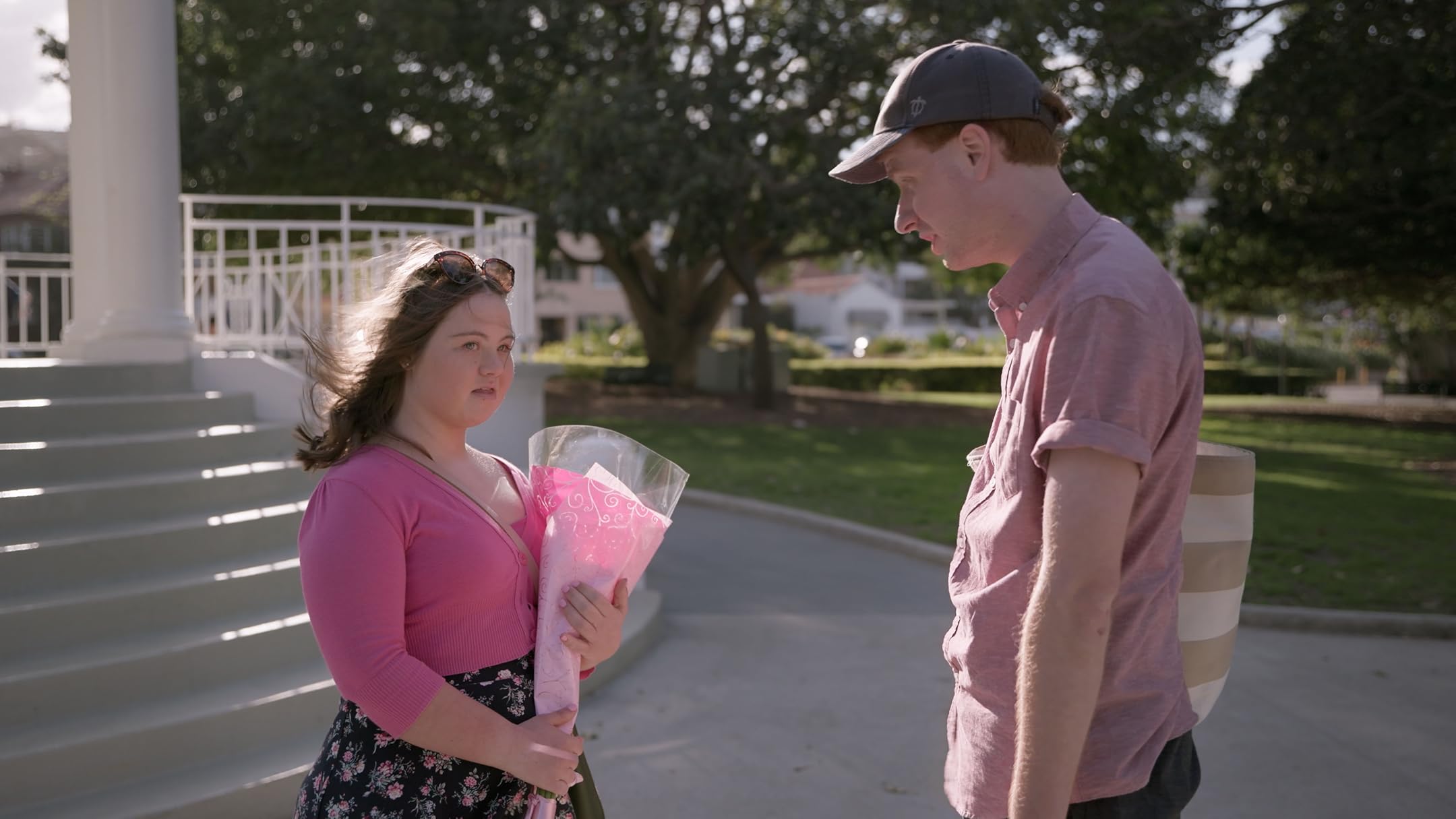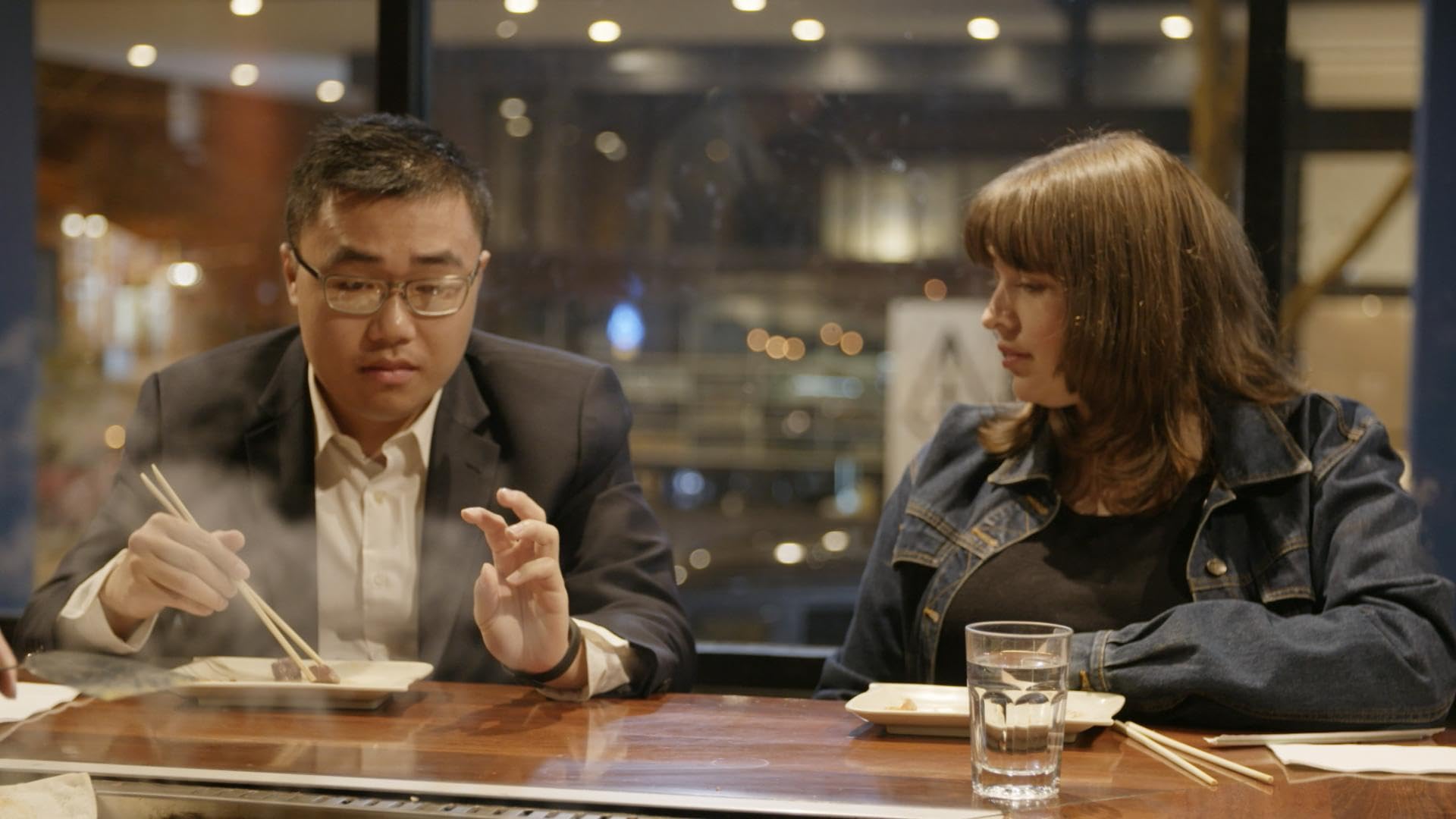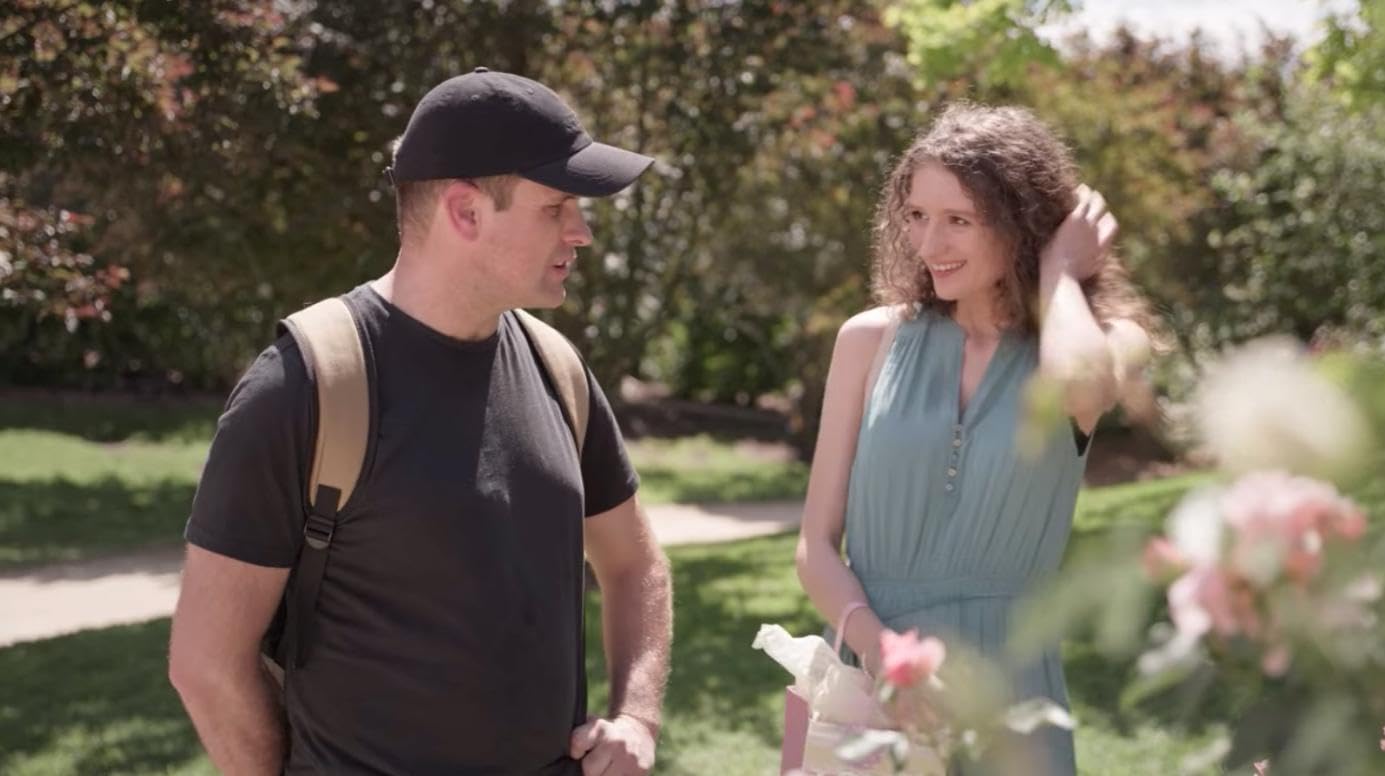Real Stories of Love and Connection
Love on the Spectrum Season 3 continues to offer an intimate look into the lives of individuals on the autism spectrum as they navigate the complexities of dating. The show captures their hopes, fears, and unique perspectives on love, highlighting how personal experiences shape their approach to relationships. Through candid interviews and observational storytelling, viewers witness authentic moments of connection, rejection, and emotional growth, providing a nuanced portrayal of love that goes beyond stereotypes.
 Challenges and Triumphs in Dating
Challenges and Triumphs in Dating
The season emphasizes the challenges faced by participants, including social anxiety, communication differences, and societal misconceptions. Despite these obstacles, the show highlights moments of triumph when individuals overcome personal hurdles to form genuine bonds. By showcasing both successes and setbacks, Love on the Spectrum illustrates that love is a journey, not a destination, and that resilience, patience, and self-discovery are key elements in finding meaningful relationships.
 Family, Support, and Guidance
Family, Support, and Guidance
Family members and support staff play crucial roles in participants’ dating journeys, offering advice, encouragement, and perspective. Their interactions reveal the importance of understanding, empathy, and advocacy in supporting individuals on the spectrum. The show balances humor, warmth, and emotional depth as viewers see how guidance and support help participants navigate complex social situations, ultimately allowing them to explore romantic connections in a safe and encouraging environment.
 Impact and Reception of the Series
Impact and Reception of the Series
Love on the Spectrum has been widely praised for its compassionate and insightful portrayal of autism and relationships. Season 3 continues this trend, inspiring empathy, awareness, and broader conversations about inclusion and diversity in dating. By blending heartwarming moments with honest challenges, the series offers both entertainment and social commentary, reinforcing the idea that love is universal and that everyone deserves the chance to experience meaningful connections, regardless of neurological differences.





